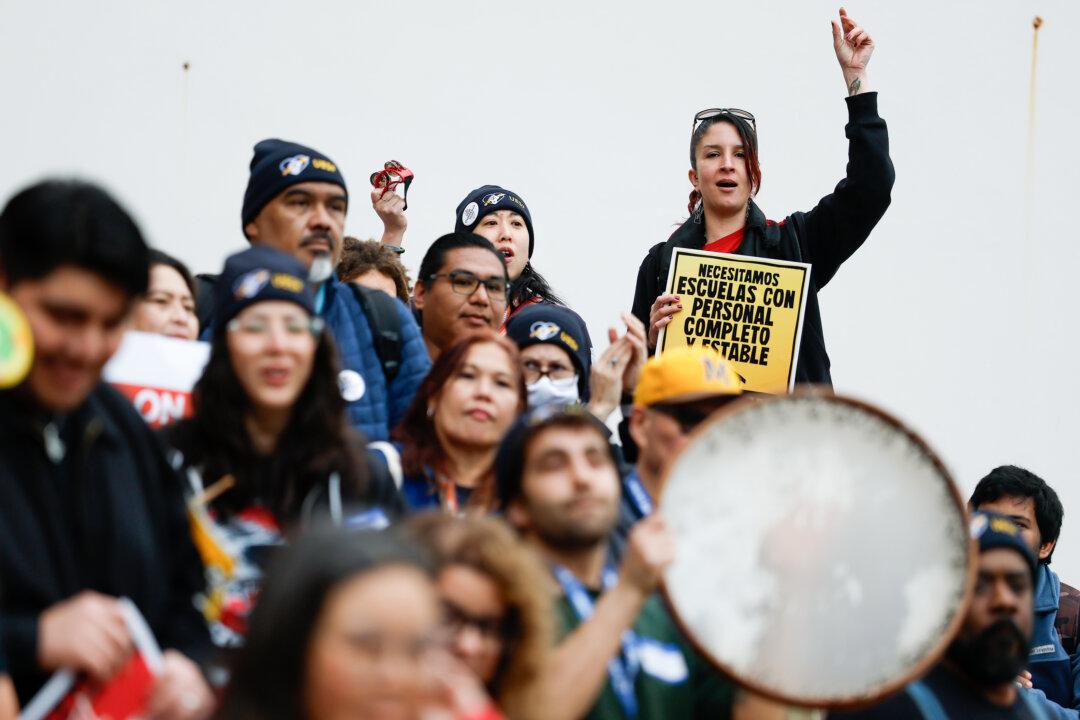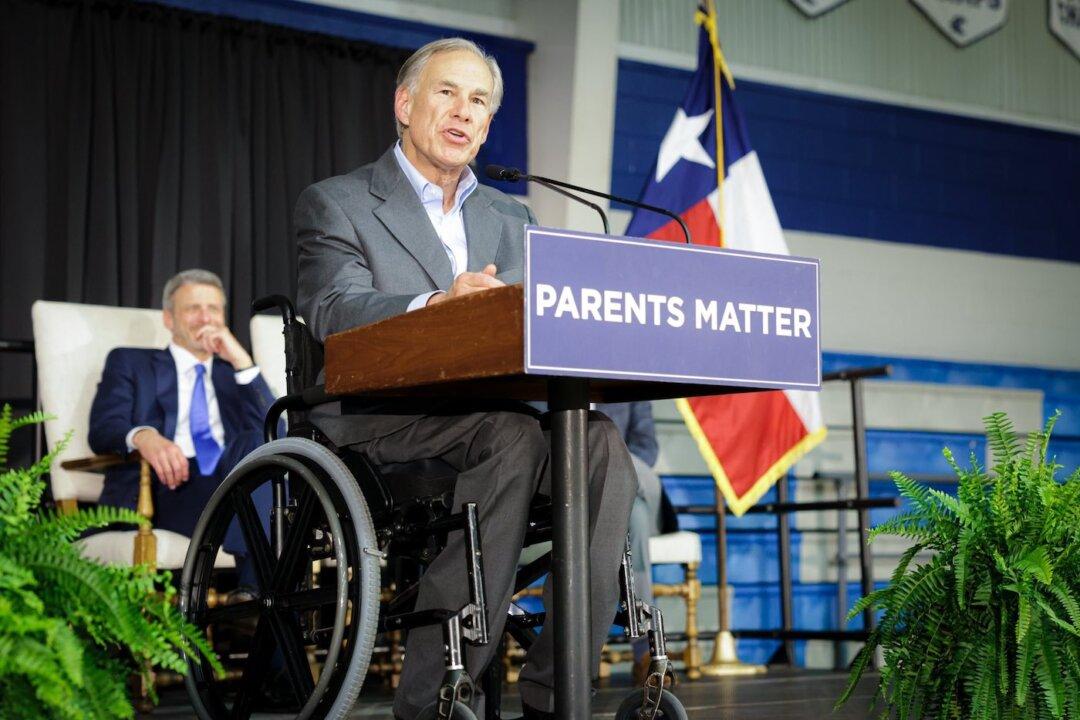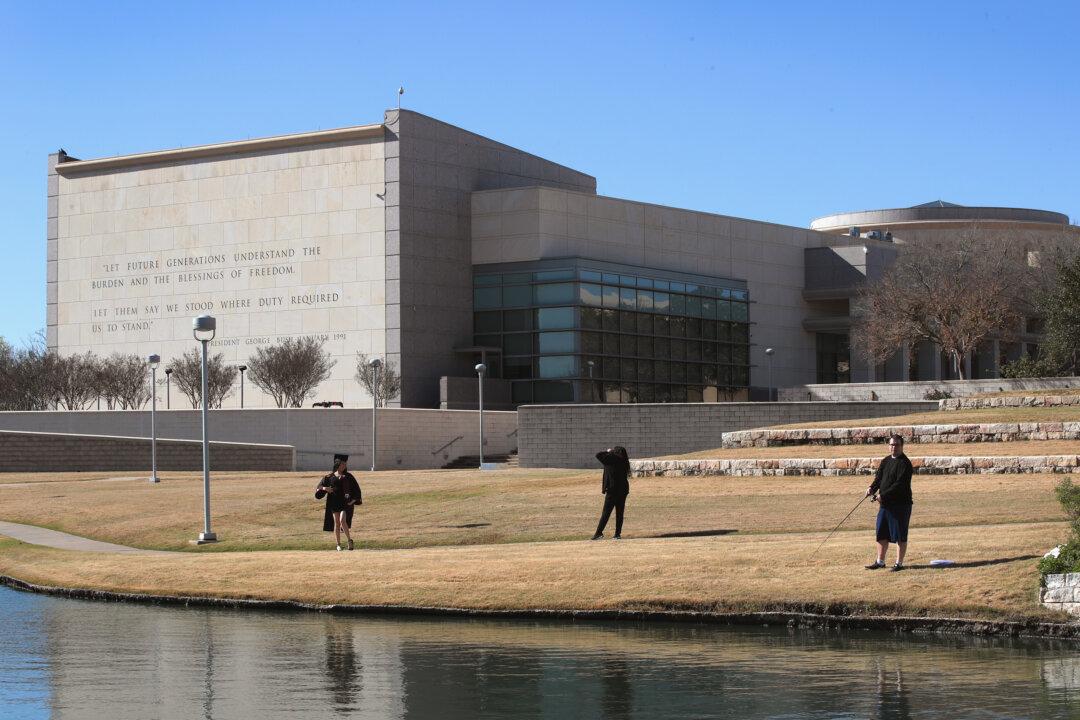Taxpayer dollars fund college and university professional membership groups that increasingly promote political advocacy ahead of their stated educational purposes, a new report from a public policy research organization says.
An Aug. 26 report from the American Enterprise Institute (AEI), “Scholarly Associations Gone Wild,” noted that 80 of the 99 academic organizations it researched, which is 81 percent, have at least one official position on race/affirmative action, the Israel–Hamas conflict, climate change, immigration, and the Russian invasion of Ukraine.





